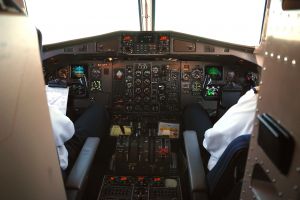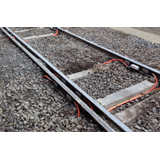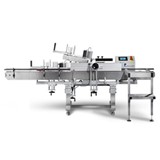The program simulates airline operations and analyses controller responses to unplanned flight disruptions.
"Airlines will be able to access the simulator website via high-speed internet connection and use its real-life scenarios to help select, train and up-skill their ops controllers," said senior aviation lecturer at Swinburne Dr Peter Bruce.
Disruptions to airline operations are becoming a familiar occurrence. Earlier this year the eruption of the Icelandic volcano, Eyjafjallajökull, demonstrated how disruption to airline operations can affect airlines worldwide.
"These flight disruptions can be caused by weather, mechanical problems, software malfunctions, airport closures, curfews, industrial disruption, staff work-hour restrictions, safety requirements and, in rare incidences, security alerts," Dr Bruce said.
"They are dealt with on an around-the-clock schedule in an airline's corporate operations control centre (OCC) by teams of ‘ops controllers' juggling complex sets of logistics to solve the problems."
Dr Bruce is a specialist in airline decision-making training, and having worked for 16 years as an airline operations controller knows first-hand the intense pressures of the job.
"You have to be able to make decisions on two different levels concurrently - rational step-by-step ones and intuitive ones which come from experience - and both have to be made very quickly."
Dr Bruce has studied the operational decision-making processes in OCCs of major airlines based in the Asia-Pacific region and found a serious gap in how controllers are selected, trained and assisted in improving their performance.
With the help of programmers from Swinburne's Faculty of Information and Communications Technologies, he is developing a unique program to simulate the multiple factors juggled by each ops controller as they make decisions about the best solutions to flight disruptions.
"The simulator will allow actual disruption decisions made in the heat of the moment by ops controllers to be dispassionately examined later in skills training sessions," Dr Bruce said. "It will also allow trainees and managers to look at why alternative paths were not considered or adopted at the time."
The simulator will be able to measure how many passengers are disrupted and for how many minutes by flight decisions taken, and simulate the cost to the airline of options made or not chosen.
Dr Bruce is working with the airline industry to fine-tune the program for release next year. Several airlines have already expressed interest in testing the dedicated simulator website which will be able to be remotely accessed via high-speed internet connection.
"Airlines will be able to build disruption scenarios specific to their needs using their own schedules," Dr Bruce said. "They will then be able to measure and evaluate the decision-making processes of controllers by comparing their performance against desired criteria. Currently, nothing like this exists in airline operations."


-160x160-state_article-rel-cat.png)







-160x160-state_article-rel-cat.png)












